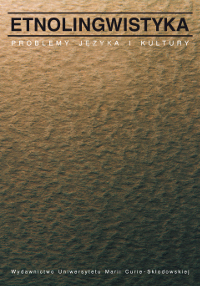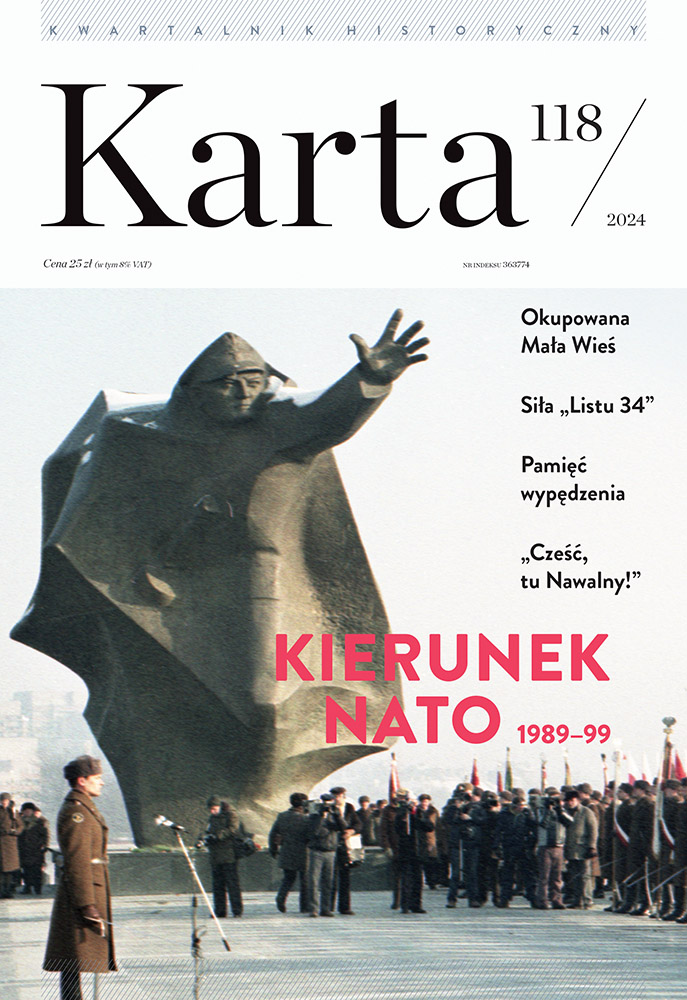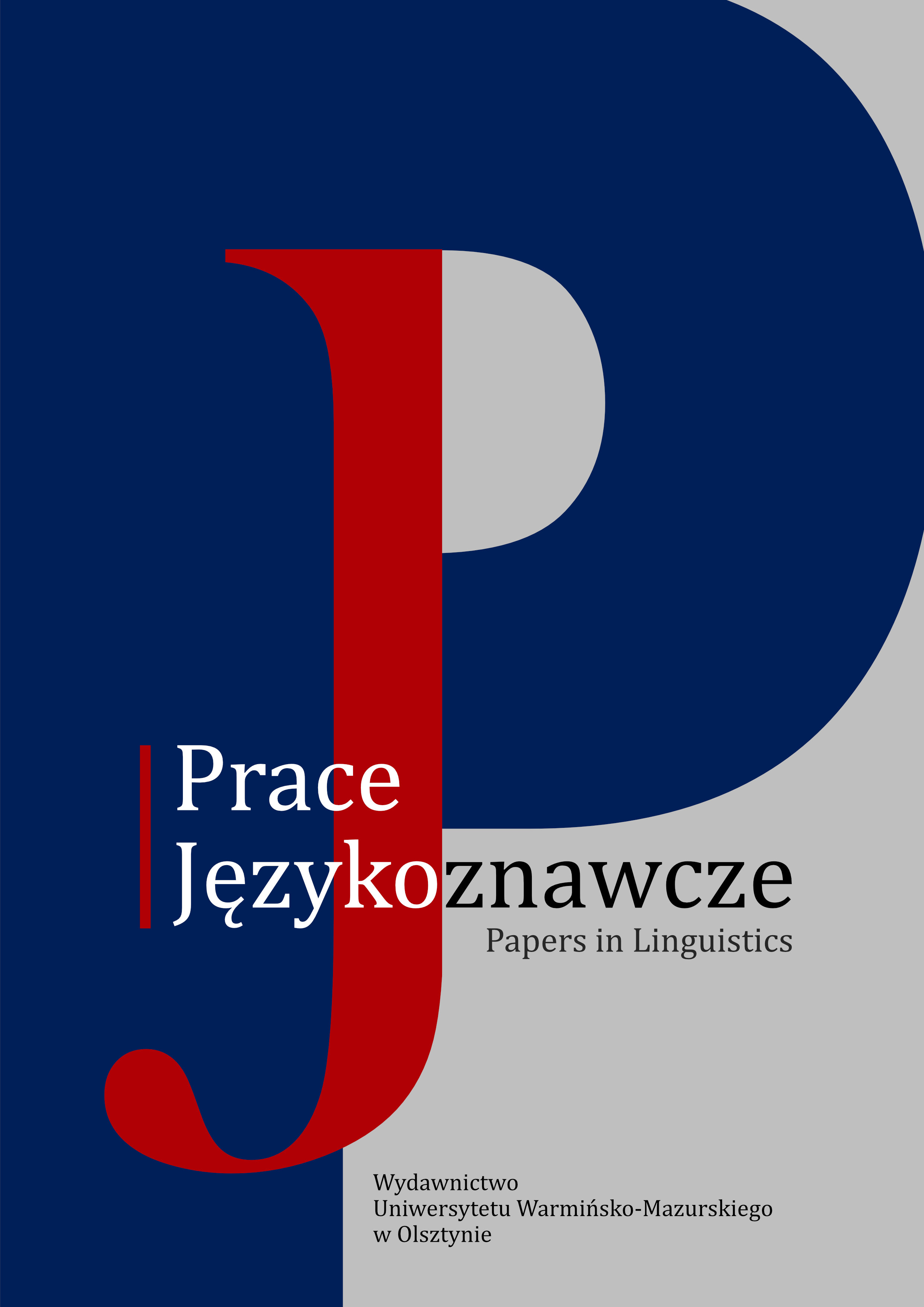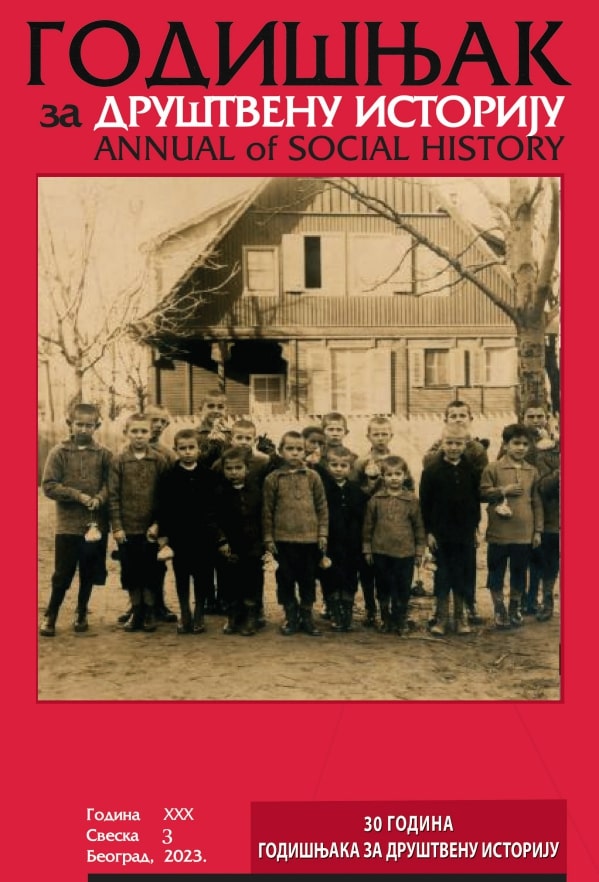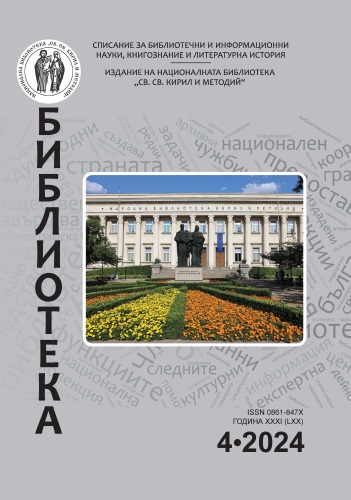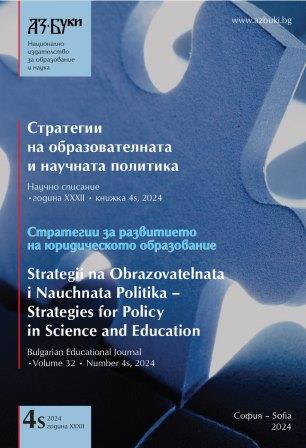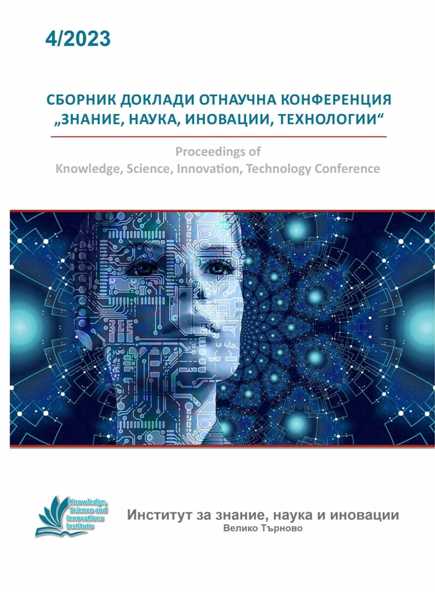
Nationalism, Ethnic Tensions, and the Violent Break-Up of Yugoslavia in the 1990s
Ethnic, nationalist, and religious tensions were present in Yugoslavia from when the state was created in the aftermath of World War I. The rise to power of the Yugoslav Communists during World War II under Josip Broz Tito's leadership masked the country's ethnic antagonism. As the paramount leader in Belgrade for some 35 years, Tito was an authoritative figure who, on the one hand, offered certain concessions to ethnic groups in return for their loyalty to the federal state and, on the other hand, relied on brutal repression to consolidate his own power and preserve ethnic and religious peace within the multinational state. Against the backdrop of the Cold War, widespread concern in Yugoslavia about a possible Soviet invasion also tended to unify the country despite its internal ethnic divergences. After Tito's death in May 1980, his successors lacked his authority and leadership skills. The disappearance of all the factors – external and internal, that had held the Yugoslav federation together, combined with the rise of nationalist extremists, sparked the violent disintegration of the country in the 1990s.
More...
